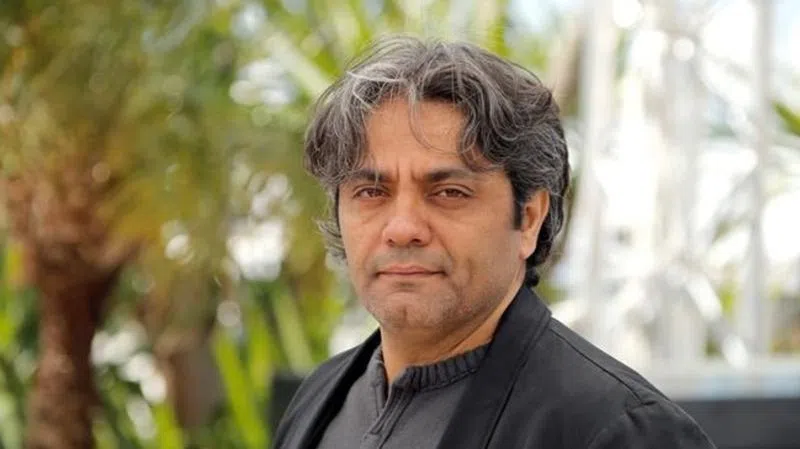
Lawyer says award-winning Iran filmmaker summoned to prison
TEHRAN, Iran — An Iranian filmmaker who just won the Berlin Film Festival’s Golden Bear has been summoned to serve a one-year prison sentence over his movies, his lawyer said Wednesday.
Mohammad Rasoulof’s sentence came from three films he made that authorities found to be “propaganda against the system,” his lawyer Nasser Zarafshan told The Associated Press. Rasoulof’s sentence also included an order than he stop his filmmaking for two years as well, the lawyer said.
The filmmaker received the order via a text message from the judiciary, Zarafshan said. Rasoulof will not turn himself into authorities and will appeal the order, especially given the ongoing coronavirus outbreak in Iran, the lawyer said. Authorities already sent 54,000 prisoners on temporary furlough over concerns about the virus spreading through the country’s prison system.
There was no immediate state media report about Rasoulof’s summons, nor any comment from judiciary officials.


